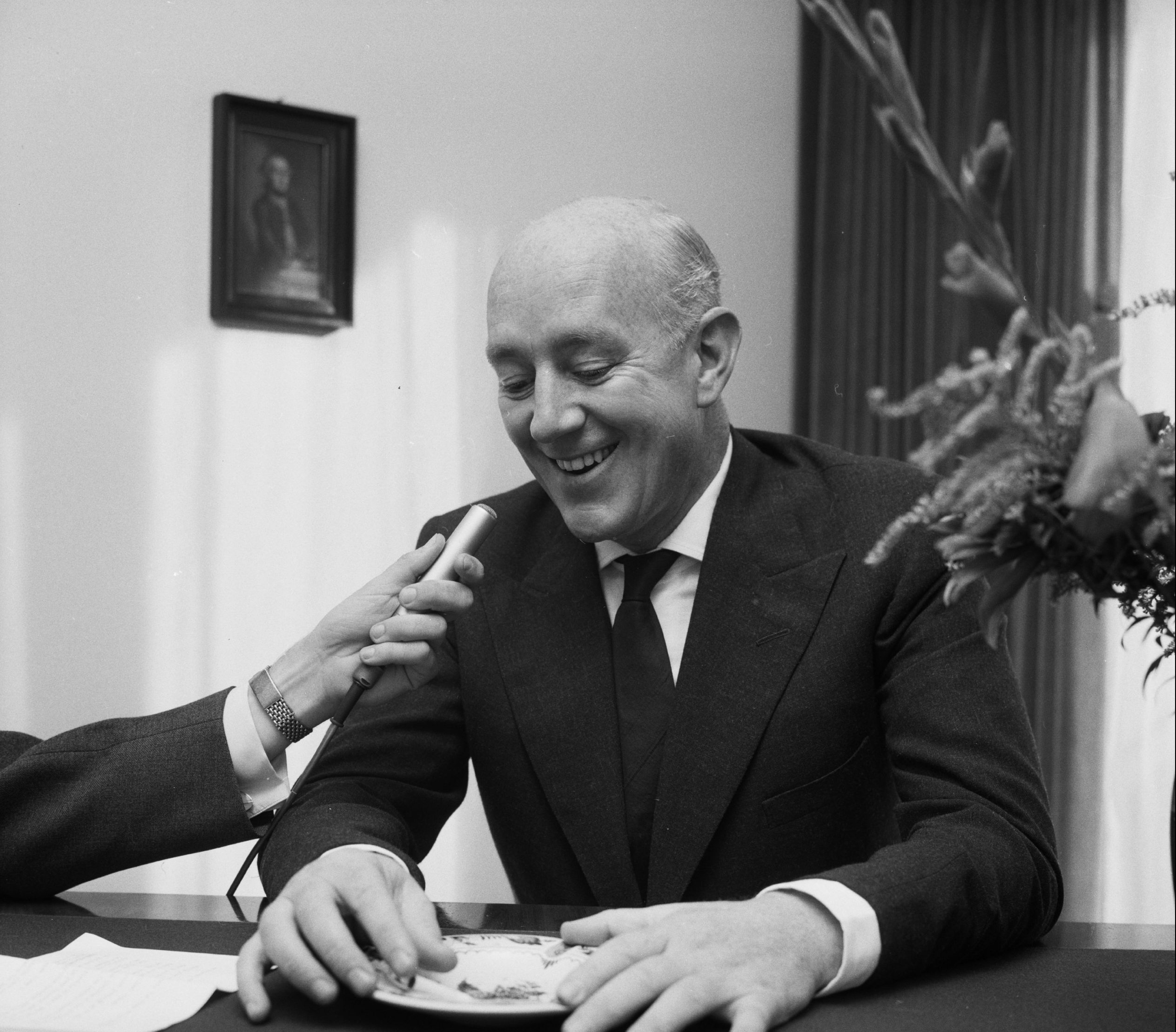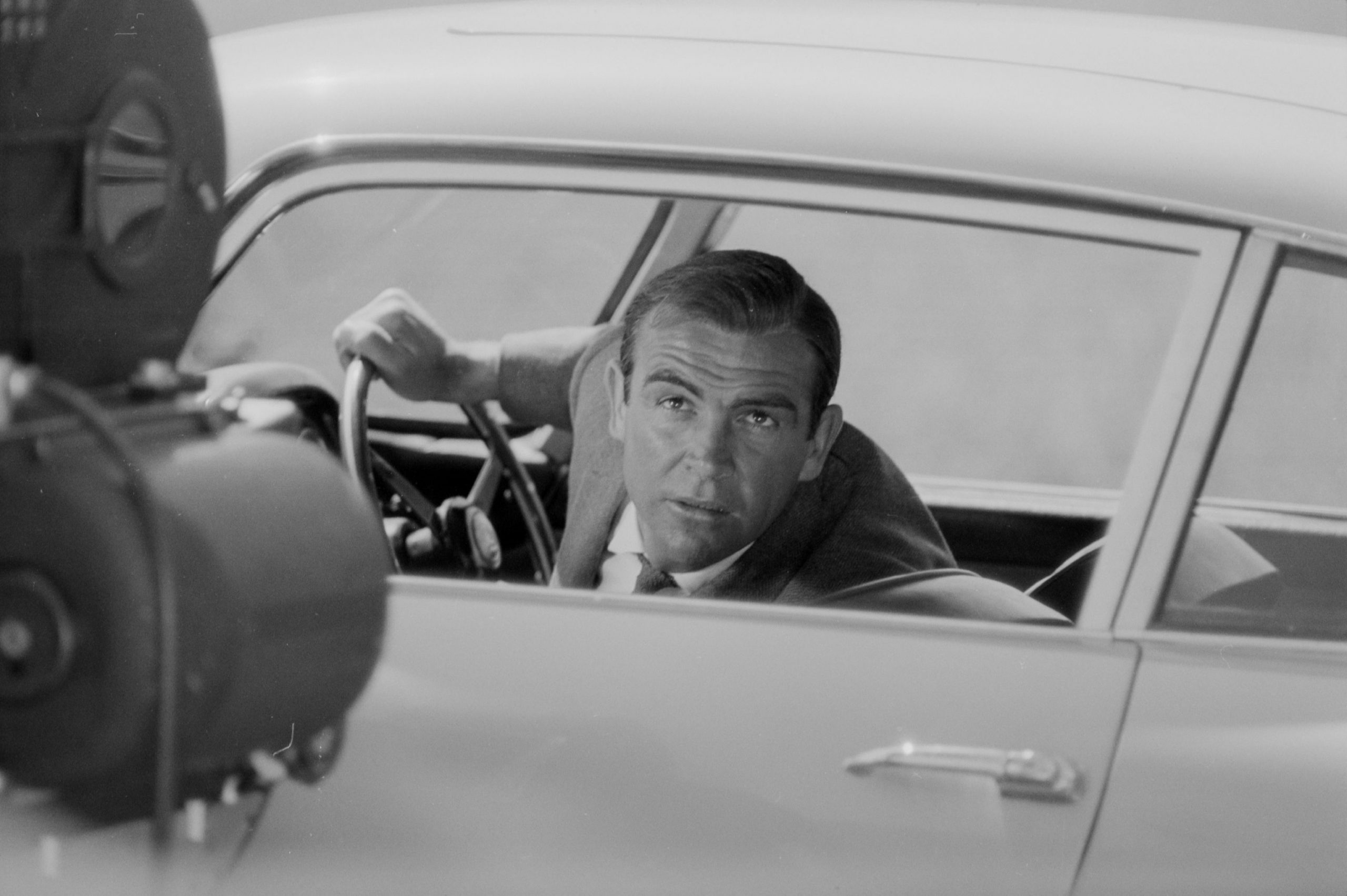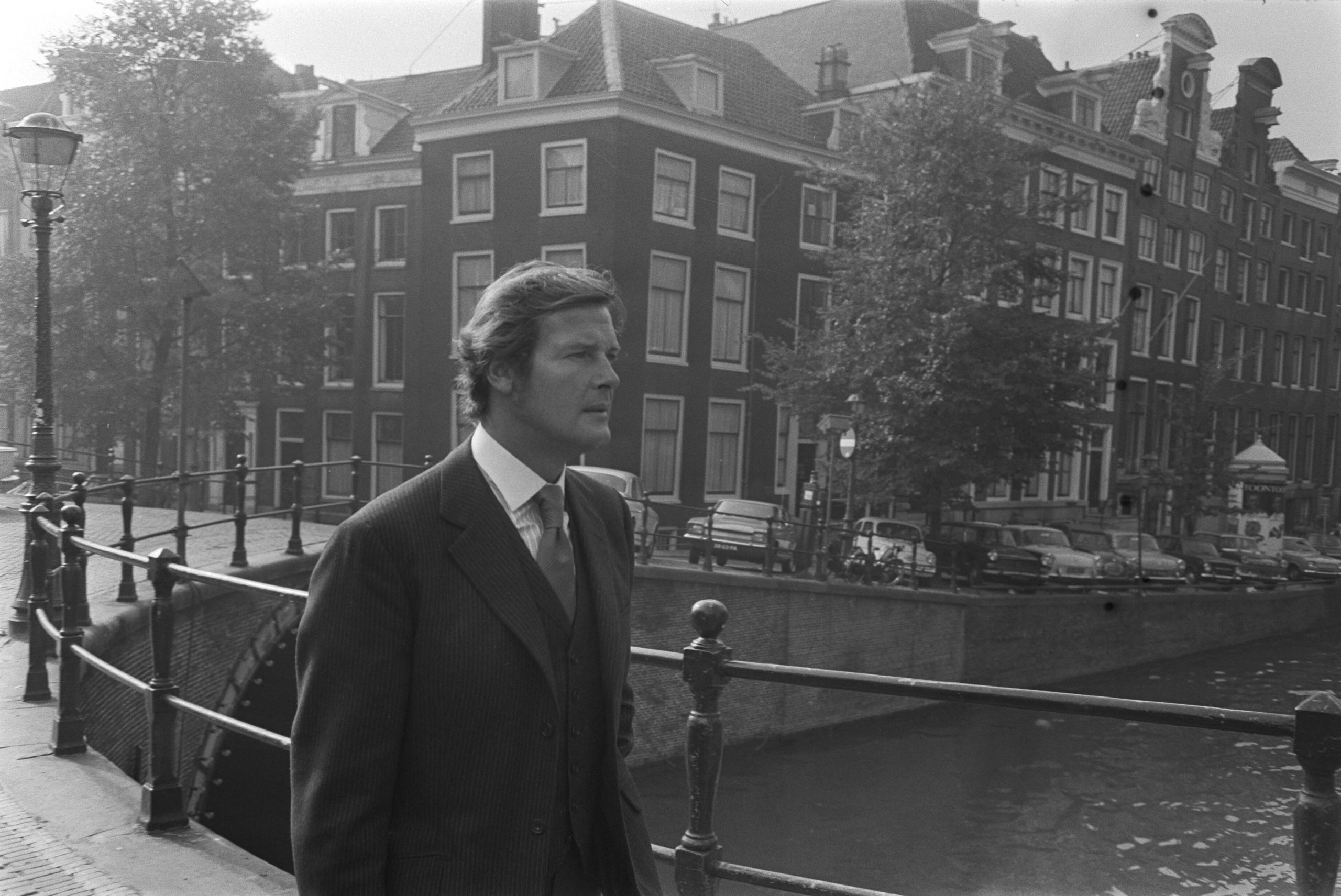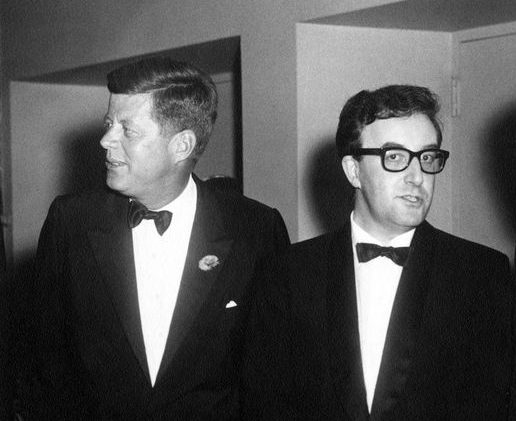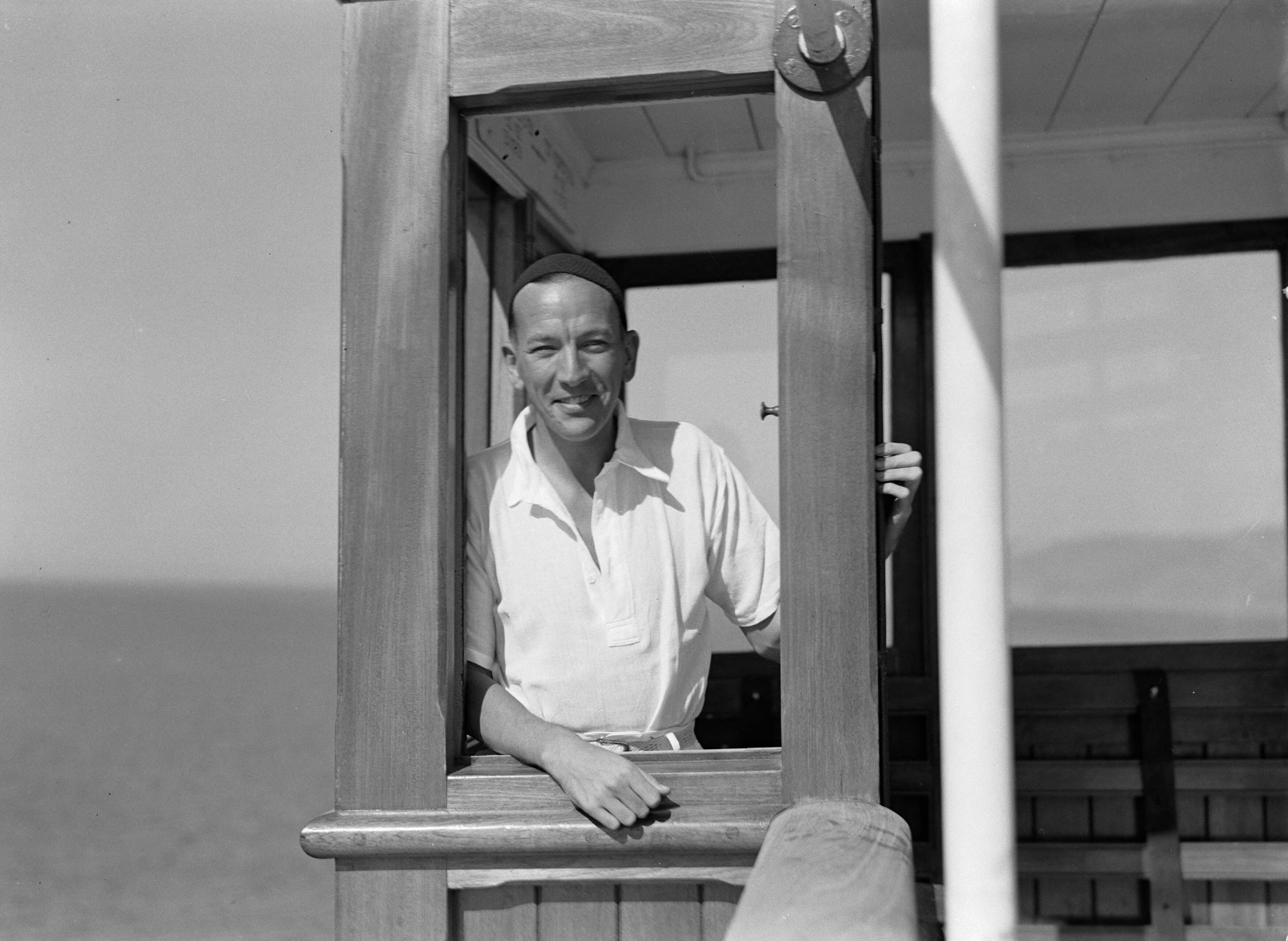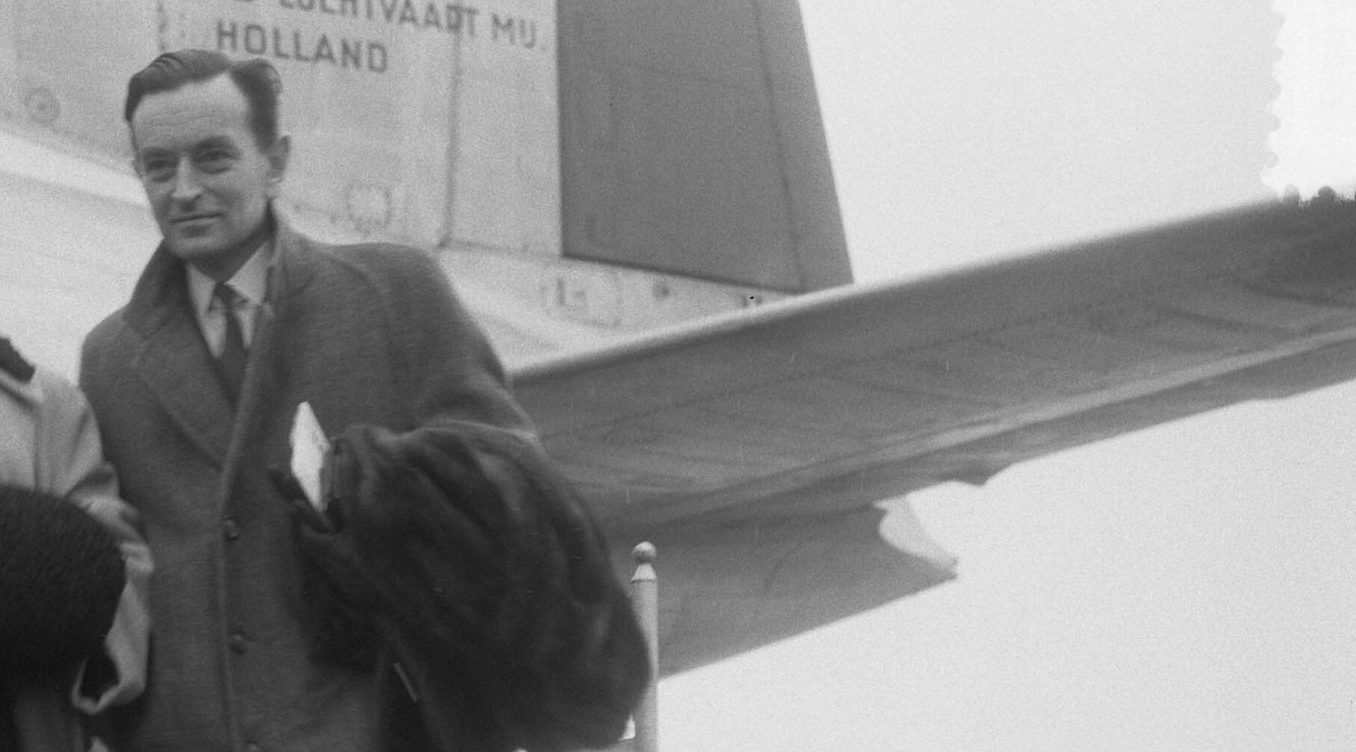Noël Coward grew up at a time when British theater culture was experiencing its first ever upswing: in 1895, four years before Coward’s birth, Queen Victoria knighted a theater professional for the first time. Sir Henry Irving (1838 – 1905) was the first British actor ever to be allowed to use the title “Sir”.
Today, this may sound relatively unspectacular, but at the time, the bestowal of a knighthood on an actor meant that theater culture became respectable in Great Britain for the first time in history.
When Coward was just five years old, the first cinema opened in London – one could almost say that Noël Coward and modern British theater and film culture were born at the same time.
At the age of 12, Noël Coward was already performing on stage. But Coward’s talent was not only in acting: even at a very young age, Noël Coward’s great talent for rhyme was evident. Thus, at the age of twenty, Coward wrote his first comedies, including I’ll Leave It To You (1920) and The Young Idea (1923). His fascination with the theater was awakened early: at the age of five, Coward was already attending the theater regularly.
Coward began writing at the age of eleven or twelve.
High society
Noël Coward grew up in a society that was very class-conscious: Coward came from a relatively humble background, so it was anything but predictable that he would one day become a prominent figure in British society.
The profession of actor and playwright had only just become respectable – there was still no thought of a permeable society in which it did not matter from which background an actor or playwright came.
Nevertheless, Coward managed to assert himself in the society of the time and found a connection to the “high society”, whose members of the time were great patrons of theatrical culture.
Without question, Coward’s charm and enormous talent for writing plays and taking on roles were the reasons why Coward found favor in “high society.” Coward began writing at the age of eleven or twelve.
As he himself later said in an interview, he read a lot when he was young and thus taught himself to write. He is said to have read most of Charles Dickens’ works by the time he was seventeen.
First successes
In the early twenties, Noël Coward made his first trip to the United States: Although he was not yet to achieve theatrical success on the other side of the Atlantic, he did make his first contact with American film and theater culture, which was still in its infancy.
In his twenties, Coward found himself in a quandary: his name was by now too well known to accept insignificant roles, but not yet well known enough to always play the lead. In 1920, with I’ll Leave It To You, Coward, just twenty years old, found his first appeal in the British theater world.
In the meantime, Coward also asserted himself as a composer: for the musical revue London Calling! Coward wrote not only the plot, but also the music and the lyrics. In addition, Coward starred alongside Gertrude Lawrence at the premiere of the musical revue. It was not uncommon for Coward to star in a play that he had written himself: in this way, Coward could ensure that his play was staged exactly as he had envisioned it when he wrote it. Not least for this reason, the first performances of Coward’s plays are said to have had a particularly authentic effect.
Coward was one of the few playwrights who mastered this dance on the edge of the volcano.
Controversy – Dancing on the Edge of the Volcano
With the play The Vortex, Noël Coward established himself as an actor and playwright in the mid-twenties. Like many of Coward’s plays, The Vortex dealt with the conditions in British society at the time. It was not uncommon for the plot of a Coward play to break taboos in the society of the time – sometimes his plays triggered scandals. But for all the potential for scandal in Coward’s plays, he always knew how far he was allowed to go so that no section of society would feel offended and boycott him as an author. The Vortex became Noël Coward’s first major success not least because of its controversial plot. To deal with controversial topics in a play was a double-edged sword at the time: if a play lacked controversial elements, it was considered average and received little attention. However, if a play overwhelmed the society of the time with too much controversy, the play would be censored. Coward was one of the few playwrights who mastered this dance on the edge of the volcano. Nevertheless, it happened more than once that Coward plays were censored.
The Vortex: Breakthrough
The Vortex was a successful play not only in Great Britain: in the United States, the play enjoyed equal success. In the mid-twenties, The Vortex played on Broadway in New York for five months before the Broadway ensemble embarked on a tour of the United States that brought the play to Chicago, Cleveland, and Cincinnati, among other cities.
Coward’s great theatrical successes led the actor and playwright to be one of the most sought-after and influential creatives in his industry by the late twenties.
In the early thirties, Noël Coward traveled to Los Angeles, where he made the acquaintance of screen greats such as Gloria Swanson and Charlie Chaplin. Without question, the world of film impressed him – he knew that many of his plays would lend themselves well to being made into films. These short trips Coward kept making in his free time were the only private life he had for a long time. Until late in life, Coward had a packed schedule every week, overflowing with premieres and other occasions.
Coward and David Lean
In 1930, Noël Coward wrote one of his best-known comedies, which he repeatedly described as one of his favorite works: Private Lives remains one of the most frequently performed Coward comedies to this day.
Noël Coward, meanwhile, went on to write more than just plays that provoked scandal. Many of his plays of the thirties and forties were primarily amusing pieces. In the early thirties, Coward said in an interview, “The primary and dominant function of the theatre is to amuse people, not to reform or edify them.”.
The play Private Lives was adapted for the screen in the early 1930s, making Private Lives the first Hollywood talkie based on a play by Noël Coward.
In the 1940s, Noël Coward collaborated with film director David Lean for several films: Coward’s plays provided the template for David Lean’s first directorial efforts. Lean would later go down in the annals as one of the most legendary film directors with directorial works such as Lawrence of Arabia.
Above all, Coward the writer was distinguished by his unique gift for rhyme.
Goldeneye and Legacy
In the decades following the Second World War, Noël Coward was a great figure in British society: at concerts and other social occasions, the author and actor Coward was always a welcomed guest. For example, he presented Marlene Dietrich at her first appearance at the Café de Paris on June 21, 1954, with a legendary poem he wrote in Marlene Dietrich’s honor.
Marlene Dietrich and Noël Coward were good friends and had a great deal in common: both were involved in troop support during the Second World War.
In the fifties, Coward appeared in minor cameo roles in films, including Around the World in 80 Days (1956). Noël Coward had a friendship with James Bond author Ian Fleming: Fleming invited Coward to stay at his Goldeneye estate in Jamaica. Goldeneye was where Fleming’s James Bond novels were created. Coward also soaked up the unique aura at Goldeneye and used the setting for his creative work. When Coward was asked to play the lead in the first James Bond film, Dr. No (1962), despite his acquaintance with Fleming, Coward replied with a firm “No.”
Noël Coward was one of the most influential playwrights of his generation: his close association with acting and the theater stage began at the age of five.
At a time when British society was divided into narrowly defined classes, Coward, who came from a relatively humble background, achieved great things: his plays and compositions are still performed around the world today. In the later years of his career, Noël Coward’s legendary status was cemented in particular by the staging of his plays at London’s Café de Paris.
Above all, Coward the writer was distinguished by his unique gift for rhyme: His legacy remains unique in the theater world to this day.
Main source: Morley, Sheridan: A Talent To Amuse – A Life of Noël Coward, 2016 Dean Street Press
Cover picture: Noël Coward in 1935 aboard the MS Dempo
Picture credit: Fotograaf Willem van de Poll, Nationaal Archief, CC0

 Deutsch
Deutsch
